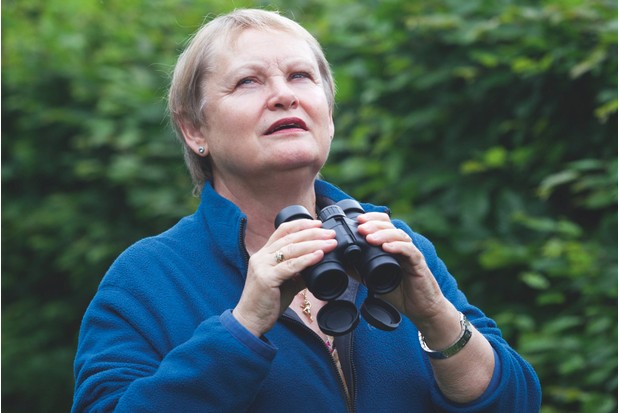There are many reasons why animal species band together with others of their kind: protection in numbers; to achieve a common goal; safeguard young; or maximise breeding opportunities.
But are any of these relationships true friendships in our human understanding of the word asks Sheena Harvey?
- Do fish make friends?
- When monkey researchers spent 36 days watching baboons, they discovered something very 'human' about the way they walk
We think of friendship as offering people we meet in the course of our lives our support without strings – not stemming from family ties, sexual attraction, personal gain or duty. Friendship works on an emotional level to enhance our lives in ways that cannot always be quantified.
Although animals’ emotions are hard to judge beyond the obvious outward expressions of irritation, anger and fear, according to scientists this form of inner bond also occurs in many non-human species.
Pet owners recognise inter-species relationships between cats and dogs, horses and donkeys. Dairy farmers report animals in their herd that seem to form deliberate grazing groups with some cows but not others. They even exhibit dislike of some individuals, driving them away from their friendship group. Elephants are well known for forming life-long friendships with unrelated elephants, travelling together and visibly mourning when their companions die.
Read more
- Elephant graveyards: is there any truth in the legend elephants go to a special place to die?
- Do chimpanzees hold funerals? How chimps mourn their matriarch could provide lessons for human mental health
Undoubtedly, friendship alliances do provide personal benefits to both parties, but the links don’t seem to be formed in a conscious way to achieve those benefits. Rather, they appear a happy by-product of a natural attraction.
Friendship as survival
Separating the effects of alliances based on conscious self-interest from those stemming from altruistic companionship requires longterm observation. In a study of Eastern chimpanzees in Gombe National Park in Tanzania, researchers from Duke University in North Carolina, USA, analysed three decades-worth of data about female chimps, from a year before they gave birth to five years after.
In this chimp society, a significant number of females form bonds with other, unrelated females. The scientists wanted to see whether unconditional ‘friendships’ had an effect on the survival rates of the young. Their conclusions were that being close to sisters and other female kin did not necessarily bring benefits in offspring survival, but close relationships with non-kin females certainly did – with higher offspring survival to age 1 (the period of highest mortality) and age 5 (the approximate age of weaning).
“In species where females live in groups with their sisters and mothers, it’s less surprising that female sociality is beneficial,” said lead author Joseph Feldblum.
“But female chimps don’t usually have that. They are also less gregarious than males, so the fact that forming strong social connections still matters is striking.”
Read the full study here: Socially integrated female chimpanzees have lower offspring mortality.
More amazing wildlife stories from around the world
- Helicopter expedition stumbles upon group of rare large-eared animals in Patagonian mountains
- There really is a herd of water buffalo living in Hong Kong
- Camera traps catch bizarre animal creeping through remote Cambodian mountains
- Here's why 15 giant birds were just translocated to Patagonia National Park
Main image: Eastern chimpanzee twins 'Golden' and 'Glitter' in Gombe National Park, Tanzania, in 2012. Credit: Getty





